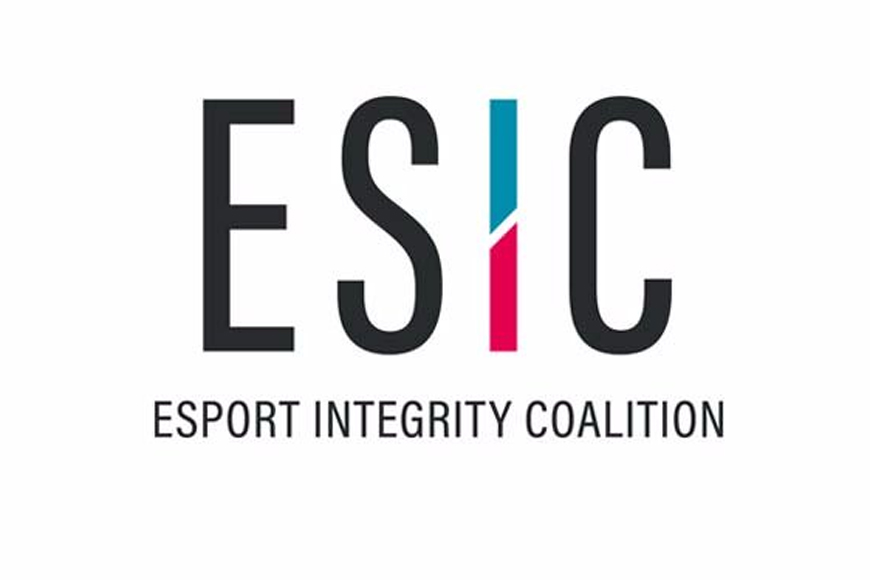The Esport Integrity Coalition (ESIC) has responded to the recent controversy over ESL’s clarification of its position with regard to VAC bans.
It has called for the community and different stakeholders to come together and agree on a set rule and procedure to deal with cheats.
ESIC said in a statement: “ESIC would urge the CSGO community (and, of course, every other game community) to engage collectively and try to agree a set of consistent rules and procedures to deal with cheating, whether to win or lose (match-fixing).
“ESIC is willing to facilitate this as our programme already provides the basis for consistent, clear codes and a procedure that is fair, independent and credible.
“There needs to be a consultation and then agreement by the key stakeholders – the publisher, the tournament organisers, the teams, the players and the fans – as to what an appropriate range of sanctions are and they need to be applied consistently. In other words, banned players should not simply be allowed to open a new Steam account and carry on.”
ESIC says it will draft a consultation questionnaire and reach out to Valve for input. After that, ESIC will start community and publishers outreach to widen the search and evaluate the results.
Last month HLTV spotted an ESL rulebook change for its top-level tournaments that would allow cheating VAC-banned CSGO players to take part in tournaments once again, as long as two years had passed since their VAC ban.
Here’s ESIC’s positioning on the VAC ban matter and cheating in esports – we’ve picked some choice quotes.
ESIC stated: “Criticism of any one tournament organiser or platform’s position on cheating misses the point, which is, simply, that the esports industry is inconsistent and uncoordinated across the board on the issue of cheating.
“There needs to be a consultation and then agreement by the key stakeholders – the publisher, the tournament organisers, the teams, the players and the fans – as to what an appropriate range of sanctions are and they need to be applied consistently.”
ESIC’s position is this:
“Cheating: There is no inherent moral difference between cheating to win (software, ISP attacks or doping) and cheating to lose (Match-fixing). There are, however, differences in the severity and consequences of cheating and differences in the culpability of cheaters.
“We would hope that it is accepted that a 15 year old cheating with a free download aimbot is not guilty of as serious an offence as a seasoned pro winning prize money matches using cheat software and they do not deserve the same punishment.
“Match-Fixing: On this issue it is worth making a separate comment: Match-fixing is, if you look at the punishments handed out across traditional sports, considered a more serious offence than cheating.
“Match-fixing, on the other hand, usually results in longer bans – five years and upwards even for first offences and, in a number of cases, jail time and criminal records.”
“Consistency: The only consistent measure (certainly with respect to CSGO) is the VAC ban, but that does not mean it is fair. In every other context the CSGO professional is subject to an array of rules, procedures and consequences. It is confusing, inefficient, inherently unfair and will lead to bad outcomes and controversy (as has already happened).
“Procedure: There are serious problems across the board with procedural fairness in esports. VAC bans and other sanctions can appear arbitrary and inconsistent and they often are. The CSGO community (and every game community) desperately needs clear, consistent rules across the board and those rules need to be enforced through a fair procedure that complies with the principles of natural justice and is independent and trusted.
“Reasonable Sanctions: Across the world of traditional sport there are a range of sanctions for cheating, but the position taken by ESL is far closer to the norm than the life bans historically issued by Valve. Life bans tend to be reserved for sports professionals guilty of heinous or multiple offences and are seen as the absolute limit of acceptable and then only for the very worst offences.
“Having said that, if the CS:GO community believes that a person who cheats should never play CSGO again, then that needs to be taken into account.”
“Appeals: At the very least a person found guilty of a cheating offence should have had a fair opportunity to present their defence or mitigation and the chance, at their own risk, to appeal a decision at least once.”

Dom is an award-winning writer and finalist of the Esports Journalist of the Year 2023 award. He has almost two decades of experience in journalism, and left Esports News UK in June 2025.
As a long-time gamer having first picked up the NES controller in the late ’80s, he has written for a range of publications including GamesTM, Nintendo Official Magazine, industry publication MCV and others. He also previously worked as head of content for the British Esports Federation.


